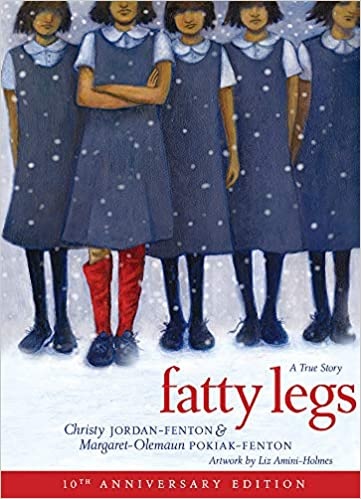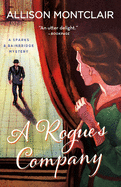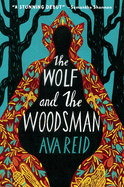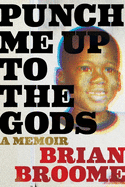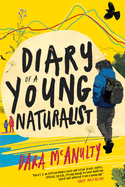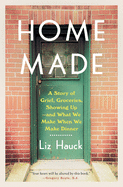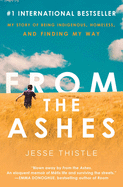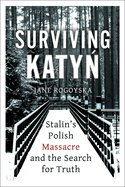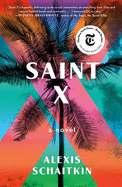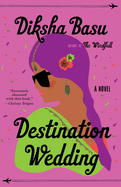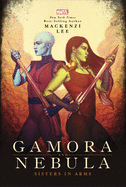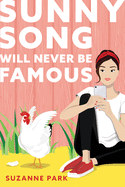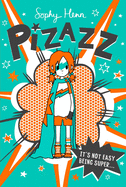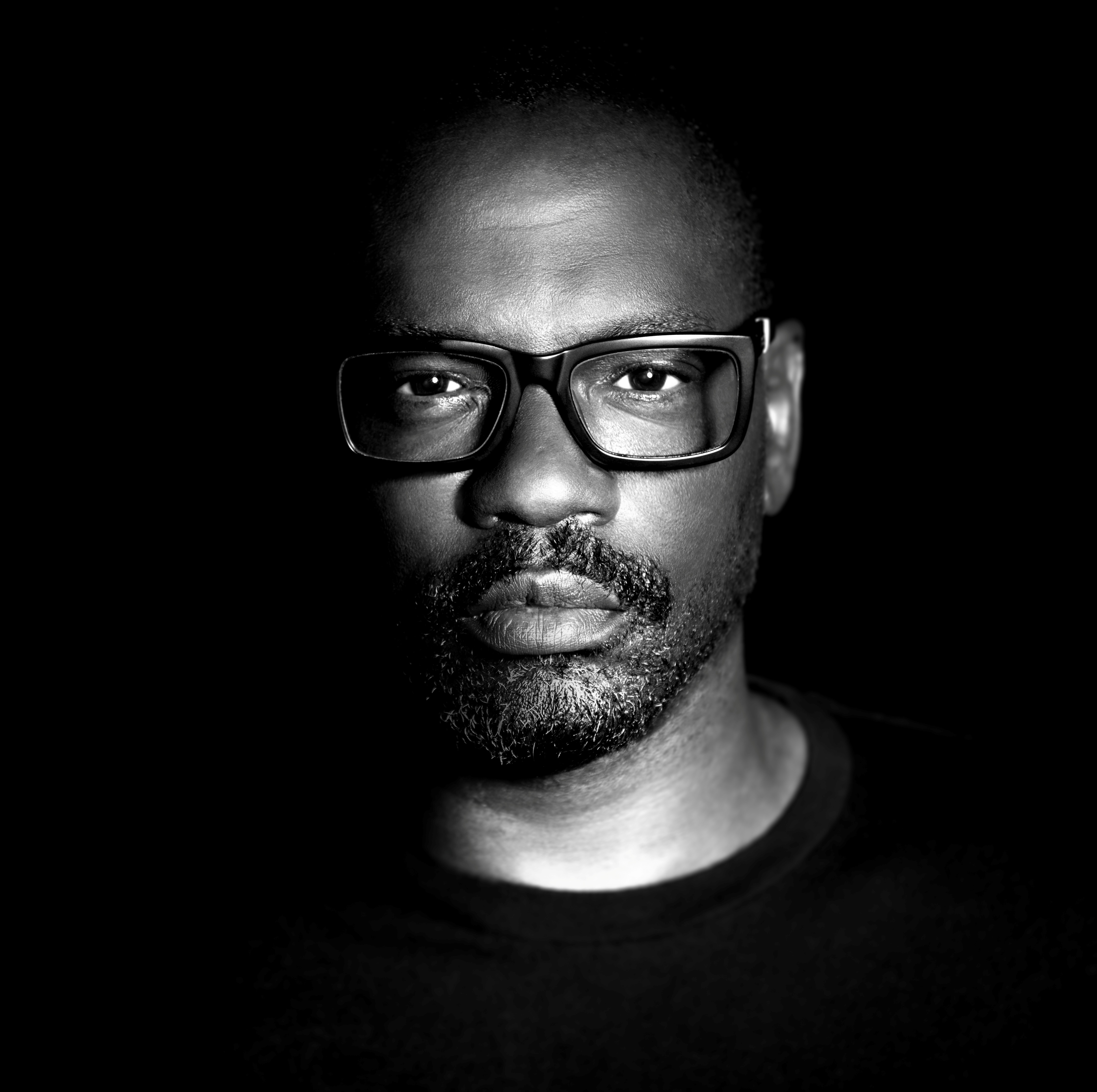 |
| photo: Andy Johanson |
Screenwriter and poet Brian Broome is a K. Leroy Irvis Fellow and an instructor in the writing program at the University of Pittsburgh. The recipient of a 2019 Vann Award for journalism from the Pittsburgh Black Media Federation, Broome has also been a finalist in The Moth storytelling competition and won a Martin Luther King, Jr. Writing Award from Carnegie Mellon University. His 2017 chapbook 79 was published by Creative Nonfiction. Punch Me Up to the Gods: A Memoir (Houghton Mifflin Harcourt, $26, reviewed below) is his full-length debut. He lives in Pittsburgh, Pa.
The structure of Punch Me Up to the Gods is so powerful--meaningful within each thread as well as holistically. How did you land on the final shape of the book, with your incorporation of Gwendolyn Brooks's "We Real Cool" and the story of the father and son interactions on the bus?
I read the Brooks poem, and I thought: this poem is kind of a treatise on Black masculinity. I immediately YouTubed Gwendolyn Brooks and listened to her talk about the poem. She said she was walking by this pool hall, and she saw these boys doing very manly things, and she says she wondered how they felt about themselves. And I thought: I wonder how you know. I wonder what I was thinking about myself at that age. I think she said they were really young, maybe between 11 and 13 years old. And I immediately thought about being a Black male and what being a man means or being masculine means.
Then I googled some more and saw that the great bell hooks wrote an entire book based off of this poem. It's called We Real Cool: Black Men and Masculinity. So, I got that book immediately. bell hooks writes in a very academic way. I got through it, but I was like: I don't have academic chops like that. But I have all these stories. I was like: I'm going to hang my book off of this poem.
The sections on the bus also happened really organically. I always, always, always write on the bus. Always. I just sit there like a maniac, taking notes of little things that I see on the bus because they give me character ideas, like an artist sketching. Someone with a big belly is proudly wearing a half shirt, and I'm like: that is awesome. I'll write something like, "Big belly, half shirt." I'll get home and have all these ridiculous notes like "Smeared lipstick" and "Kicking the back of my chair." And one day I was on the bus, and I saw this man and his son interacting. It seemed to me that the father was teaching the boy, so I just sat there--like a maniac once again--just taking notes on what I saw them doing. That's how the structure of the book came about.
You teach creative nonfiction in addition to writing it. How do your writing and teaching inform each other?
One of the things I try to push in my class is: write anything you want. Do not write for my consumption. Write it the way you want it, and then we'll talk about it. In a class on memoir, one of the things that I try to stress is: don't write yourself as the hero of your story. And then: what are you willing to tell on yourself? What are you willing to give up to tell a good story?
You've offered a beautiful answer on whom this book is for, saying, "I guess it's just for anyone who's ever carried the burden of shame just from living and feeling like they were born wrong."
I hope that everybody gets something from this book, something positive or something that they can think about. I don't know what everybody's going to take from it. For some people, it's about race, for some it's about masculinity, for some it's about poverty, for some it's about the importance of, and the indefatigability of, Black women. For some people, it's about a bunch of different things. All I can say is that I hope that everybody who reads it gets something positive that they can think about or think through, something that maybe reminds them of themselves or somebody that they know. I think the ultimate goal is for people maybe to read it and be a little bit gentler with each other.
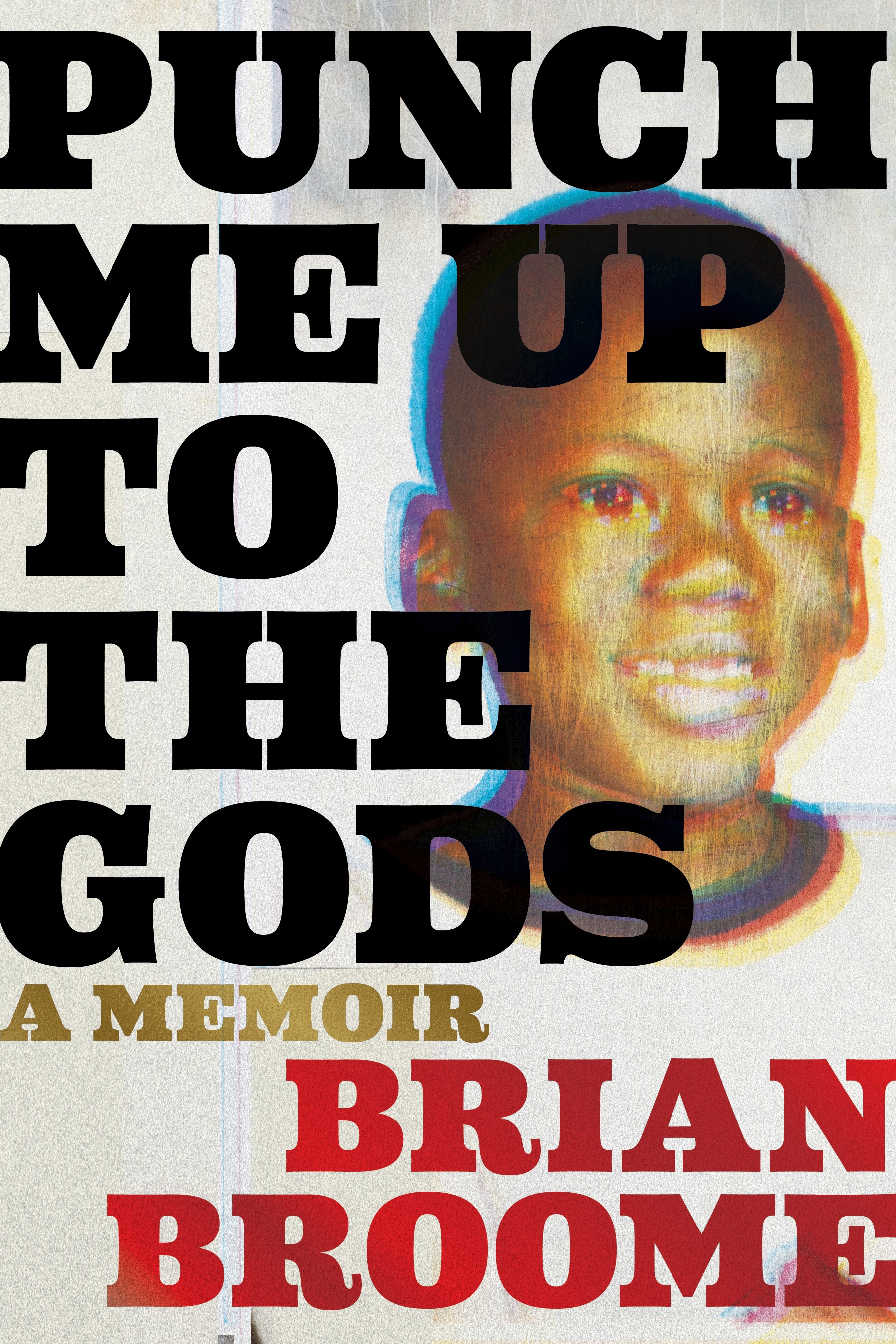 In one section you switch to your mother's point of view. In what ways are those words hers, yours or both?
In one section you switch to your mother's point of view. In what ways are those words hers, yours or both?
They are her words. They are not verbatim. I interviewed her, and we talked about a lot of sensitive subjects. I was afraid to interview her and ask these questions. And I was, quite frankly, stunned by how candid she was about everything that had happened in her life, in my life. I really didn't expect her to open up as much as she did. But that is my mother's voice. That is the way that she talks. There were some feelings and emotions that I extrapolated from what she told me. She didn't read it before it was published, and I thought, "Ooh, I'm taking some risks." But she read it, and she had no quarrel with anything I wrote. So, it was her telling me about her experiences, and me trying to feel like she would have felt, if that were happening in my life. And I got close--because she said when she read it, she had to put the book down for a little bit and walk away from it.
And it was great for me to get to know my mom a little bit better. Now I have this record of us talking that I'll have forever. A little mp4 on my computer of my mother and I just talking about her life. And that's one of the greatest things to come from this book.
What are you looking forward to about your virtual book tour? What kinds of questions are you most excited for or are you maybe dreading?
The experience is new, and I'm just waiting to see what it brings. I'll tell you one thing: I have had a few occasions where it feels to me like the interviewer is trying to sort of position my book as a trauma narrative. I try to steer the conversation away from that, because I don't think it is a trauma narrative. I think that there is trauma that happens within the narrative, but I feel like some people are doing this like, "Oh, you poor thing!" you know? But that's not what the book is about. It's a story that has joy and sorrow, and people who act like the moving parts in this machine. Sometimes they don't do the greatest things, but sometimes they do.
What are you reading right now, and what are you excited or otherwise motivated to read soon?
I have a stack--it's not a stack, but it's a file that may as well be a stack, the way it looms in my life--of books I want to read. At the top is Middlesex by Jeffrey Eugenides. I want to read that. I want to read somebody who can make me laugh on the page. As for stories that I want to write? I'm just going to keep riding the bus.
I know traveling is complicated right now, so no pressure to answer this--but if you want: when was the last time you wrote on the bus?
I'm totally gonna answer that. It was yesterday. --Katie Weed
Brian Broome: Don't Write Yourself as the Hero of Your Story
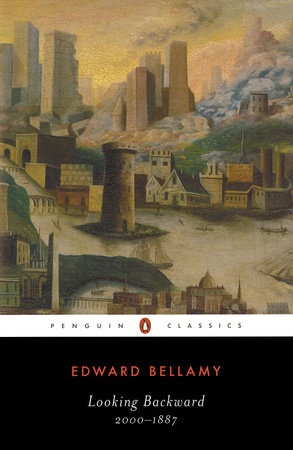 I've always been a sucker for time travel fiction, beginning with H.G. Wells and escalating when I discovered Edward Bellamy's Looking Backward 2000-1887 (Penguin Classics), in which Julian West falls asleep on Decoration Day in the 19th century and wakes up at the dawn of the 21st. Talk about a long summer's nap.
I've always been a sucker for time travel fiction, beginning with H.G. Wells and escalating when I discovered Edward Bellamy's Looking Backward 2000-1887 (Penguin Classics), in which Julian West falls asleep on Decoration Day in the 19th century and wakes up at the dawn of the 21st. Talk about a long summer's nap.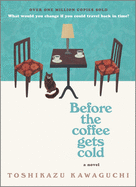 My new favorite is the beautifully conceived novel Before the Coffee Gets Cold by Toshikazu Kawaguchi, translated by Geoffrey Trousselot (Hanover Square Press). The story takes place in a windowless basement café, tucked away in one of Tokyo's narrow alleys. A certain chair in the café can transport you, briefly, to a specific moment in your past, subject to a considerable list of rules, including: you must drink the cup of coffee you are served before it gets cold. Time travel can be fickle.
My new favorite is the beautifully conceived novel Before the Coffee Gets Cold by Toshikazu Kawaguchi, translated by Geoffrey Trousselot (Hanover Square Press). The story takes place in a windowless basement café, tucked away in one of Tokyo's narrow alleys. A certain chair in the café can transport you, briefly, to a specific moment in your past, subject to a considerable list of rules, including: you must drink the cup of coffee you are served before it gets cold. Time travel can be fickle.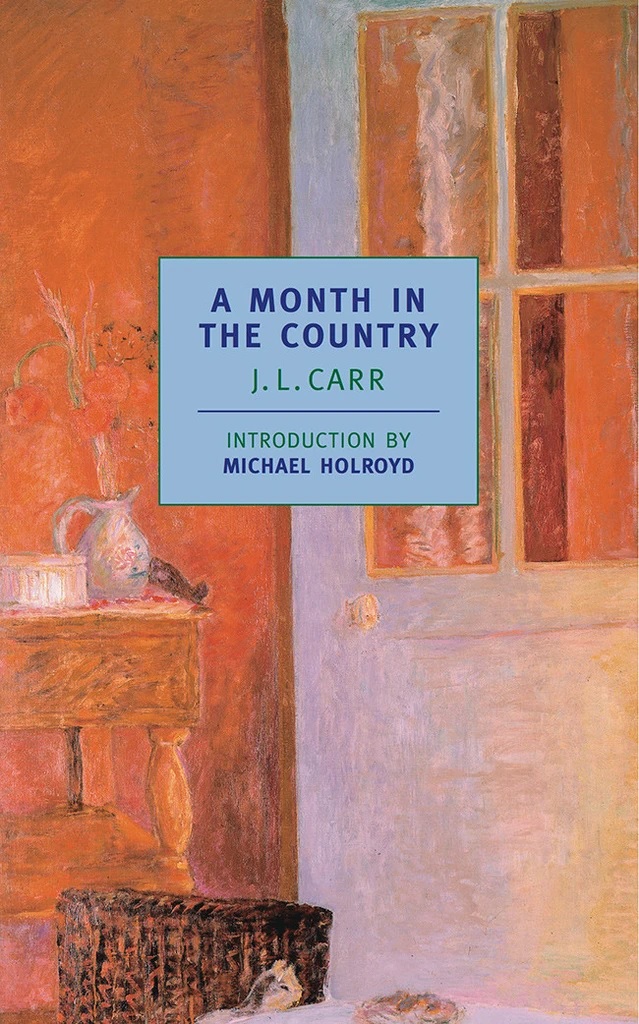 For readers, of course, any book can be a time machine. I love J.L. Carr's A Month in the Country (NYRB Classics), in which an old man's mind whisks him back 50 years to a golden summer in 1920, which he spent in a Yorkshire village, uncovering a parish church's medieval wall painting. His subtle and compelling friendship, edging tentatively toward love, with the vicar's beautiful young wife, is "the missed moment" of his life.
For readers, of course, any book can be a time machine. I love J.L. Carr's A Month in the Country (NYRB Classics), in which an old man's mind whisks him back 50 years to a golden summer in 1920, which he spent in a Yorkshire village, uncovering a parish church's medieval wall painting. His subtle and compelling friendship, edging tentatively toward love, with the vicar's beautiful young wife, is "the missed moment" of his life. 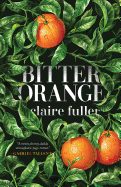 "Luridly hot summers occupy a particular place in fiction; an interzone, where the normal rules are suspended," the Guardian noted in a 2018 review of Bitter Orange by Claire Fuller (Tin House Books).
"Luridly hot summers occupy a particular place in fiction; an interzone, where the normal rules are suspended," the Guardian noted in a 2018 review of Bitter Orange by Claire Fuller (Tin House Books). 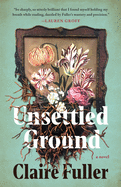 Frances Jellico, wasted by age and illness, guides us backward to the summer of 1969 and a tumbledown English country house. She is there to catalogue the estate's garden architecture for an American who bought the property sight unseen. Under the spell of the estate's other summer occupants, Peter and Cara, the long-sheltered Frances blooms momentarily in ways both liberating and terrifying.
Frances Jellico, wasted by age and illness, guides us backward to the summer of 1969 and a tumbledown English country house. She is there to catalogue the estate's garden architecture for an American who bought the property sight unseen. Under the spell of the estate's other summer occupants, Peter and Cara, the long-sheltered Frances blooms momentarily in ways both liberating and terrifying. 



 In one section you switch to your mother's point of view. In what ways are those words hers, yours or both?
In one section you switch to your mother's point of view. In what ways are those words hers, yours or both? 